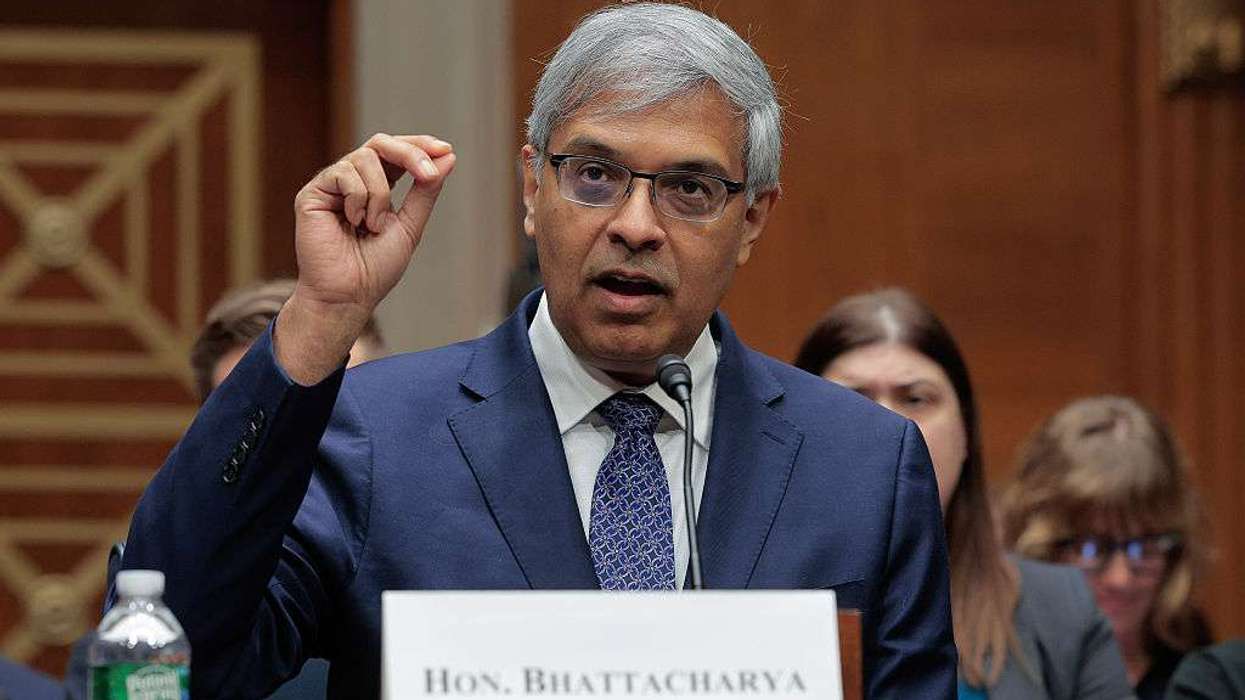US president-elect Joe Biden said Americans need more economic relief from the coronavirus pandemic now and that he will deliver a plan costing 'trillions' of dollars next week.
Biden, introducing several members of his economic team, spoke on Friday(8) after data showed the US economy lost jobs for the first time in eight months in December as a resurgent Covid-19 pandemic shuttered restaurants and other businesses.
He said the proposal includes relief for state and local governments grappling with the pandemic, as well as new support for people who lost their jobs or cannot afford rent.
Biden also called for raising the minimum wage to $15, a campaign promise, and for sending out $2,000 in direct cash payments. Democrats sought those cash payouts in the last relief bill, passed in December, but only were able to get Republicans to agree to $600.
"We need more direct relief flowing to families, small businesses, including finishing the job of getting people that $2,000 relief direct payment. $600 is simply not enough," he said.
Biden said he would unveil the plan on Thursday(14).
The Democrat, who takes office on January 20, emerged emboldened from a pair of Senate elections this week in Georgia that handed Democrats a majority in that chamber to complement control of the House of Representatives. The majorities could allow Biden to pass larger spending bills.
Biden's initial plan was for a bill under $1 trillion but he said on Friday that "economic research confirms that with conditions like the crisis today, especially with such low interest rates, taking immediate action - even with deficit financing - is going to help the economy."
Speaking to reporters as he announced his nominees to head the Commerce and Labor departments, the president-elect said action was needed to help Americans get to the other side of the health and economic crisis, and to "avoid a broader economic cost that exists out there, that will happen due to long term unemployment, hunger, homelessness and business failings."
Markets have reacted quickly to expectations that government spending will rise since Democrats won the Georgia elections, with stock indexes rising and the interest investors demand on 10-year US Treasury bonds climbing to their highest levels since March.
Yet Republicans and even some Democrats may be resistant to greater deficit-fueled spending, with Sen. Joe Manchin, a Democrat from West Virginia, among those who initially greeted the idea skeptically.
Biden's transition team also said on Friday that they are looking into other economic relief actions they can take unilaterally, including extending a pause on repayments of federal student loans.




